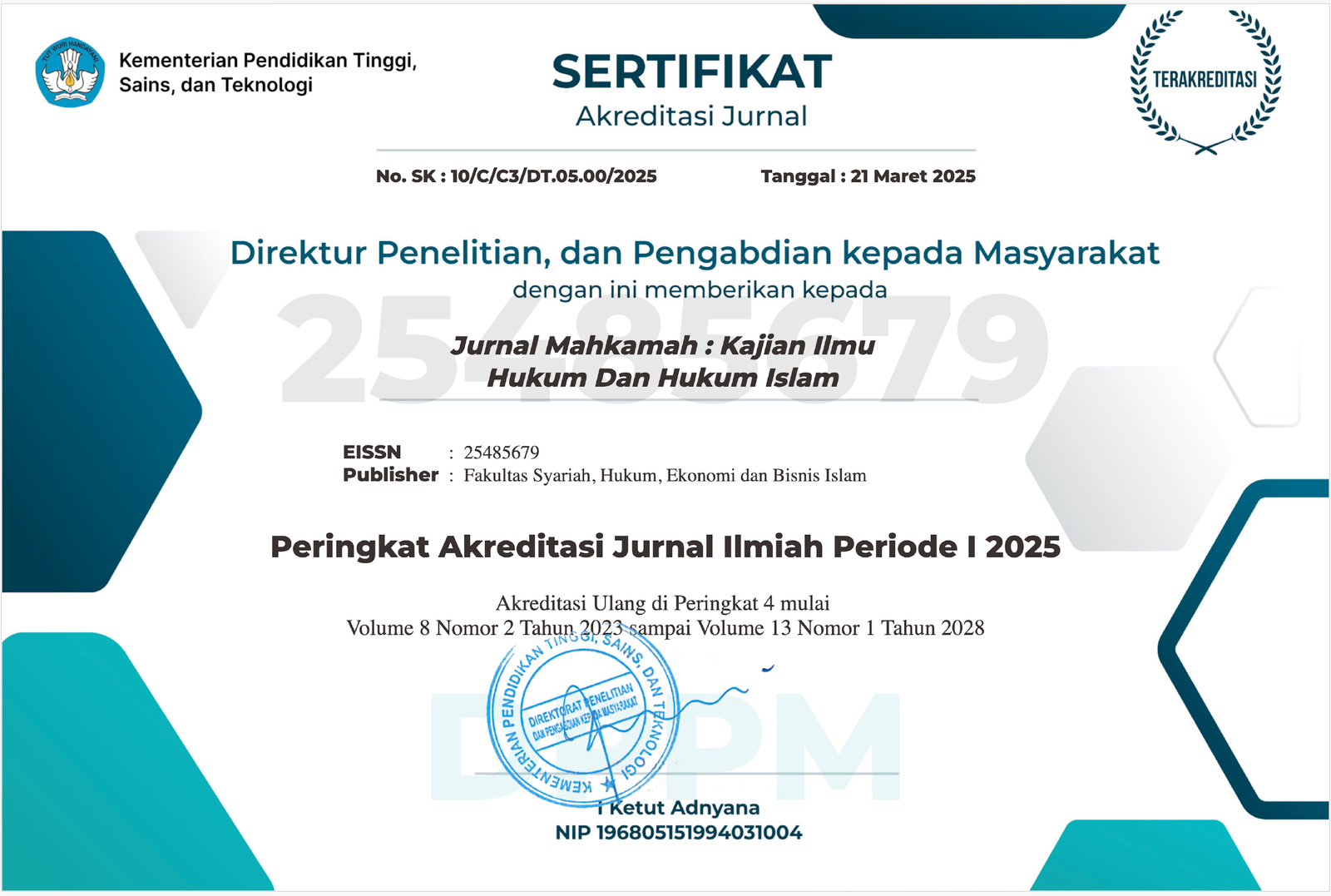The Urgency of Mediation of the Religious Courts System on Islamic Law Perspective
DOI:
https://doi.org/10.25217/jm.v7i1.2288Keywords:
Role, Position, MadiationAbstract
Mediation is a Religious Court facility to resolve disputes outside the court; however, it is often found that the phenomenon of cases that have not been completed from the handling of mediation, for example, in family law disputes, is divorce. What is interesting to study is, what is the role and position of mediation in the Religious Courts? This paper aims to describe and analyze the role and function of mediation in the religious court environment, with the type of qualitative research in the form of library research. The conclusion of this study is that the court has carried out the mediation process with the position of the judge as a mediator. In contrast, the judge is the main role as well as the policymaker, so it becomes a very difficult task to be able to resolve cases outside the court plus, a case that has been entered into court are cases that have been screened through family, community and even customary approaches, and did not visit thoroughly and then refer to the court, what is often the problem is that the mediator who has been the judge, while the judge has a dual role, namely adjudicating and concurrently being a mediator
Downloads
Published
How to Cite
Issue
Section
License
This work is licensed under a Creative Commons Attribution-ShareAlike 4.0 International License.
Authors retain copyright and grant the Jurnal Mahkamah : Kajian Ilmu Hukum Dan Hukum Islam right of first publication with the work simultaneously licensed under a Creative Commons Attribution License (CC BY-SA 4.0) that allows others to share (copy and redistribute the material in any medium or format) and adapt (remix, transform, and build upon the material) the work for any purpose, even commercially with an acknowledgment of the work's authorship and initial publication in Jurnal Mahkamah : Kajian Ilmu Hukum Dan Hukum Islam.
Authors are able to enter into separate, additional contractual arrangements for the non-exclusive distribution of the journal's published version of the work (e.g., post it to an institutional repository or publish it in a book), with an acknowledgment of its initial publication in Jurnal Mahkamah : Kajian Ilmu Hukum Dan Hukum Islam.
Authors are permitted and encouraged to post their work online (e.g., in institutional repositories or on their website) prior to and during the submission process, as it can lead to productive exchanges, as well as earlier and greater citation of published work (See The Effect of Open Access).









